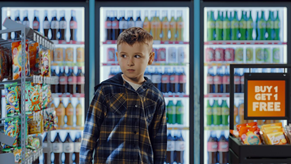Well . . . that's not on the menu.
The page you’re looking has either moved or is undergoing maintenance.
If you're looking for Christmas information, visit our Christmas hub.
Otherwise, here are some more links to help you get to the information you need.
Not what you are looking for? Drop us an email and let us know what you need at [email protected].
Our job is to help people make safe and healthy food choices. Here’s where you can learn more about us.




